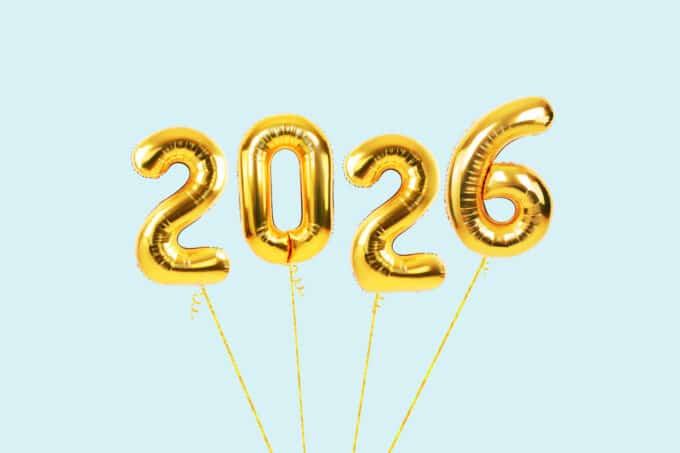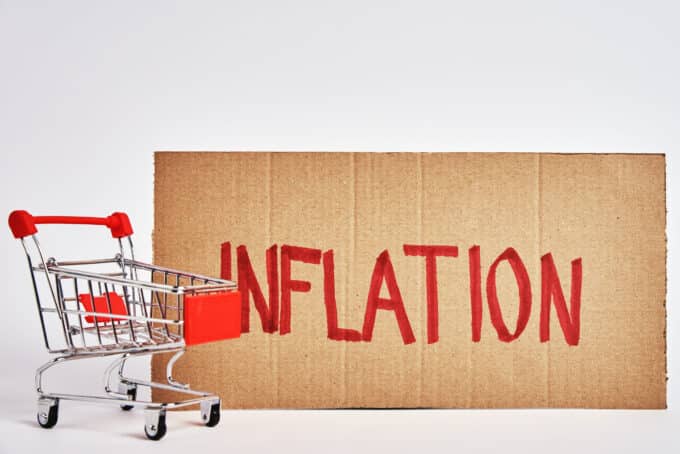TL;DR – Listen to the article post:
“Plan for the Present” is the theme for our 2nd Annual Dentist Money Summit coming up later this month. As an advisor, when I think of planning for the present, my mind goes to using your money to live your desired lifestyle.
In my experience, too many people treat their personal finances the same as corporate finances. While the purpose of corporate finance is to maximize earnings at all costs, personal finance seeks to maximize happiness and life satisfaction. The goal of personal financial planning isn’t to stockpile the largest amount of money by the end of your life, it’s to use money as a tool to live your best life.
Money itself isn’t the goal; it’s simply a means to an end. It allows you to pursue whatever you’re passionate about.
A lot of personal finance is dedicated to figuring out how to effectively keep and grow your money, which is very important and necessary. However, study after study shows that happiness isn’t correlated to how much money you’ve accumulated, but rather how you choose to spend the money you have.
Every dollar you make will eventually be spent. You can either spend it now, spend it later, or pass it on to someone else to spend. The act of saving is simply deferring spending to the future. And I do think it’s possible to be saving too much money if you’re prioritizing future spending (saving) to the complete detriment of current spending.
Now, this is not an endorsement to become reckless with your money. There needs to be a balance between saving responsibly for the future while still enjoying life today.
Obviously, there are many who simply spend too much and don’t save any money at all. However, there’s a big difference between delayed gratification and no gratification at all.
So, rather than view all spending as an enemy to building wealth, I think the conversation needs to be more focused on managing tradeoffs.
Would you rather have guac on your Chipotle bowl or a Diet Coke?
Would you rather have a personal trainer to help you finally get in shape or hire someone to come deep clean your house every month?
Would you rather have a house that’s $300,000 nicer or an extra $2,000 per month to use on vacations or any other activity?
Would you rather move to Texas, Florida, or Tennessee to avoid any state income tax or live close to your family?
Would you rather live in California with a beach in your backyard but a significantly higher cost of living, or are you fine with snowy winters but more cash in your pocket?
Would you rather sacrifice some family time but be able to retire at age 45, or do you want to spend some money while you’re young and the kids are still around but have to work into your 60s?
For most of us, money is a finite resource.
Every time you say “yes” to something, you’re saying “no” to something else. The key is to be intentional about what you’re saying yes and no to.
The key to smart spending habits is to align your spending with what’s most important to you. Studies have found that value-aligned spending was a stronger indicator of happiness than an individual’s total income or total spending.
A powerful exercise is to actually sit down and make a list of your priorities, values, and favorite activities. Then compare that list with your purchases. You might be surprised at how many dollars you’re spending on things in the middle and bottom of your list.
For example, you may feel guilty about going out to lunch with friends and coworkers more frequently than you feel is appropriate for your budget. However, after sitting down and making a list of what is most important to you, you might find that you really enjoy those lunches — they bring a lot of joy to your life. So, cutting your movie-going budget, a lesser priority, and allocating more money to your lunches might be the better choice.
Now, finding a balance between spending and saving is extremely difficult. It’s one of those things that’s easy to say but difficult to put into practice. I don’t think I know anyone who’s mastered it completely. Having a good balance probably means going through times when you wish you were saving more and times when you wish you were spending more.
It’s important to save and invest because those savings will compound and provide more experiences in the future. Savings provide a level of comfort and security so you don’t saddle your future self with unnecessary stress.
It’s also important to spend money now on the things you love because time is precious. There’s no point in creating wealth if you don’t use it to provide some enjoyment in life. As long as you’re putting away money for the future, you should also focus on enjoying the present.
Personal finance gurus love to spend-shame you into saving every last penny, but the truth is there can be room for both saving and spending, frugality and extravagance, delayed gratification and enjoyment.
It’s all about finding the right balance.




